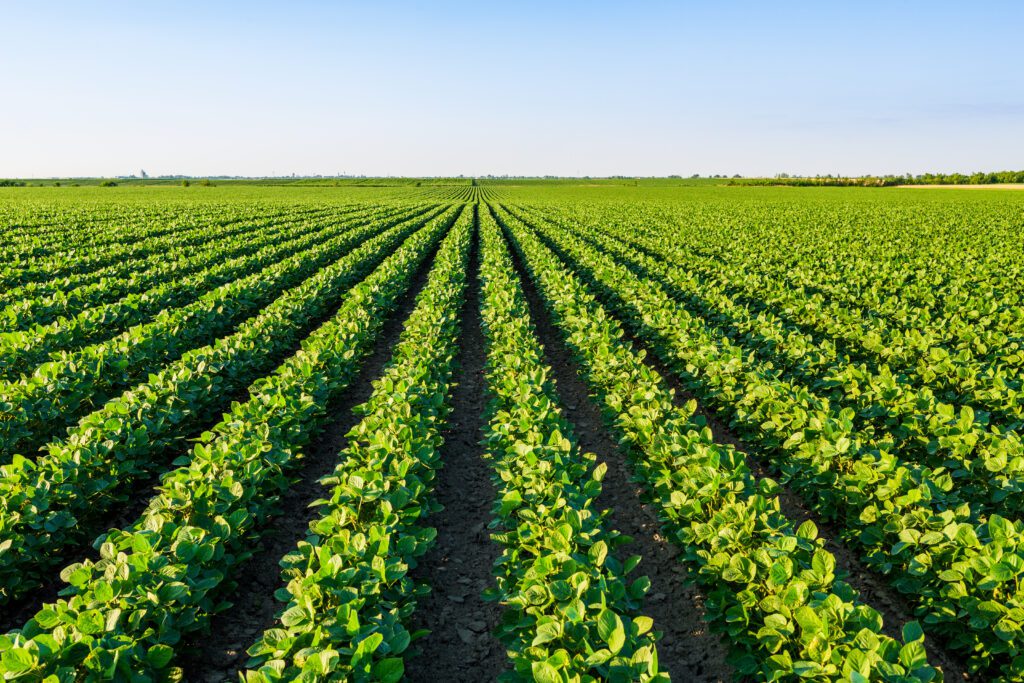
Professor Dr. Shahid Mukhtar will lead a study aimed to develop sustainable ways to increase soybean yields in heat and drought. The National Science Foundation will fund the research through a $6 million Established Program to Stimulate Competitive Research (EPSCoR) grant.
Soybeans, which are the second most widely planted crop in the United States, are threatened to decrease by 40% in the next 25 years due to extreme heat and drought.
“The planet is warming, and that has consequences on human life, either directly or indirectly, and on other lives, particularly plants, which provide food to 8-plus billion people across the globe,” said Shahid Mukhtar.

Dr. Mukhtar will work with a team from the Southeast including scientists from the University of Alabama at Birmingham, Mississippi State University and the Louisiana State University Agricultural Center. The team will aim to idenitfy how heat and drought affect soybeans, from the cellular level to the entire plant. Mukhtar’s lab will focus on understanding the molecular mechanisms of how heat and drought impact individual cells in a plant through five growth stages.
“Cells have their own individual signatures, yet they are working together to respond to internal cues and diverse environmental stresses. We want to understand which type of signatures changed in response to heat and drought and why,” Mukhtar said. “Once we understand that, we hope to find a strategy to help the plants alleviate climate change-related stresses.”
Read more in the Clemson News aricle.
